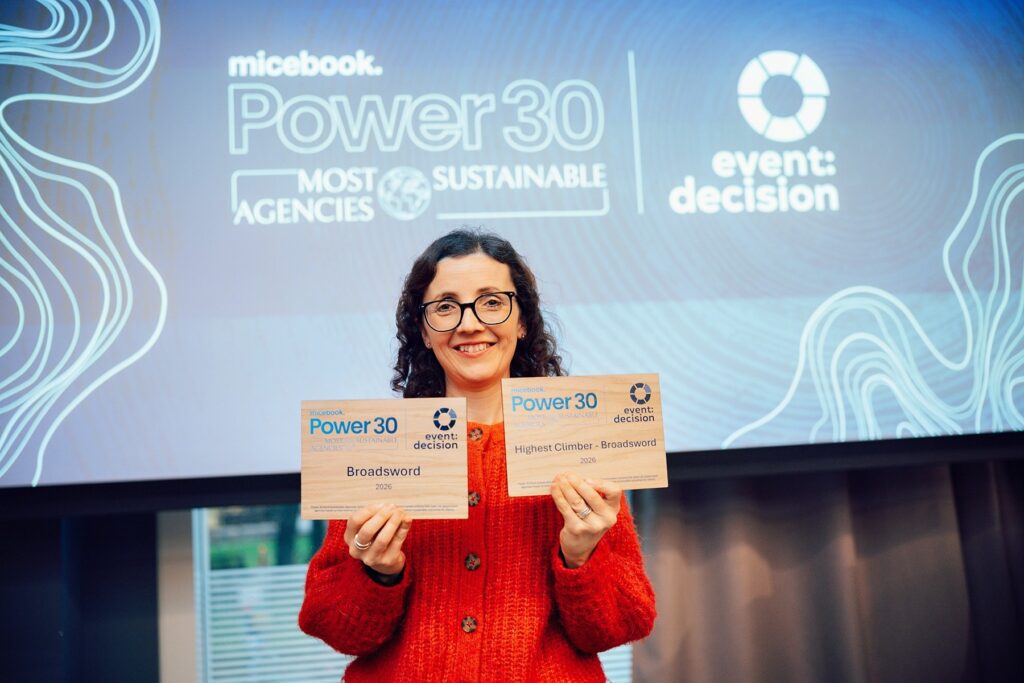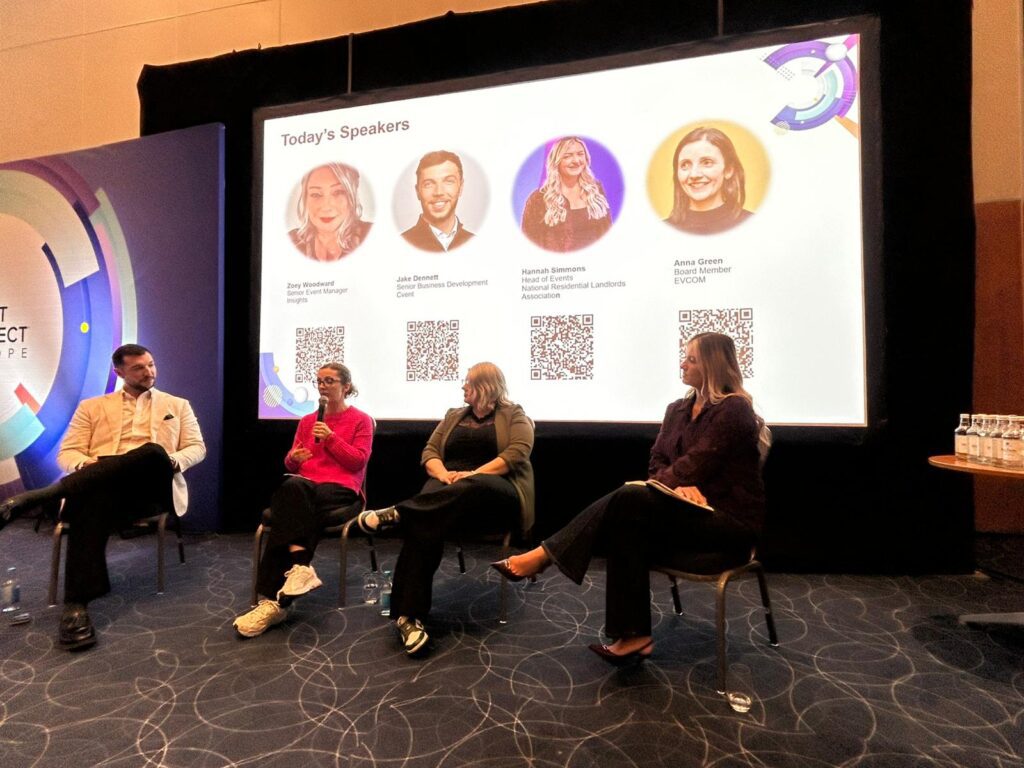An Event Planner’s Guide to Egypt
4 minute read - 13th February 2026
Broadsword awarded highest climbing sustainable agency
What’s next and what matters: The Trends Shaping Corporate Events in 2026
The Must-Attend Industry Events for Event Planners in 2026
Engage and Lead Through Change: How to Communicate with Intention
The Agile Event Planner: How To Thrive In The Events Industry




